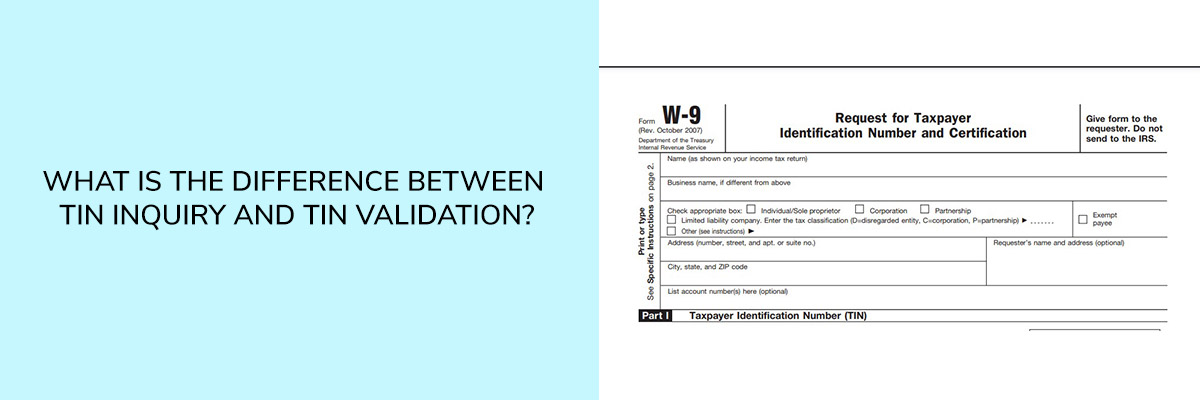
What are 3 key medical deductions from payroll?
An employee’s salary is determined by factoring in several components, including benefits and deductions. Medical deductions, in particular, are a common element of payroll. These deductions involve subtracting certain amounts










